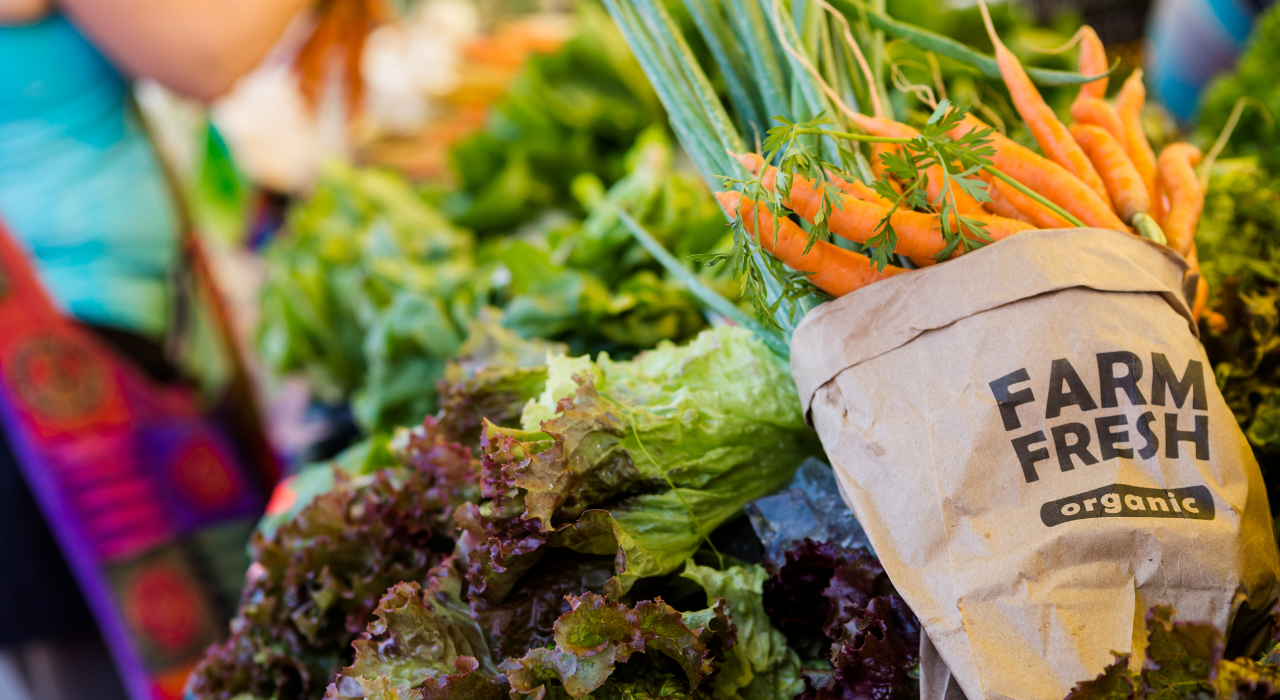Every year, the non-profit Environmental Working Group (EWG) produces the notorious produce lists called the Dirty Dozen and Clean Fifteen. The EWG does an excellent job of determining the number of pesticides in our food-based upon 35,000 samples tested by the U. S. Department of Agriculture and the Food and Drug Administration. Here’s EWG’s 2022 Clean Fifteen and Dirty Dozen Lists.

They tested produce items for pesticide residue after the produce was washed and peeled. The Fifteen produce items with the least pesticides are called the Clean Fifteen, and the 12 items with the most pesticides are known as the Dirty Dozen. Take a screenshot on your phone, of these two lists so you can easily access them when shopping. The lists help you remember which fruits and vegetables you need to buy organic (Dirty Dozen) and which ones you don’t (Clean Fifteen). The EWG recommends you buy organic fruits and vegetables from the Dirty Dozen list.
Pin for Later
EWG’s 2022 Dirty Dozen™
- Strawberries
- Spinach
- Kale, Collard & Mustard Greens
- Nectarines
- Apples
- Grapes
- Bell & Hot Peppers
- Cherries
- Peaches
- Pears
- Celery
- Tomatoes
Strawberries continue to be on the top of the Dirty Dozen list because pesticide residue was found on 99% of the sampled, washed strawberries. Collard and mustard greens were added to the Dirty Dozen list this year. Even after washing kale and other leafy greens, the EWG found that 86% of the samples contained questionable levels of toxic pesticides. Some of those pesticides caused cancer. So be sure to purchase organic produce found on this list. I show you how to grow lettuce in a container in my blog, Seven Steps to Create Your Own Vegetable Garden.
A couple of years ago, grapes were added to the Dirty Dozen list. If you drink grape juice or wine, you are probably drinking pesticides too. Therefore, we should purchase organic. I found a great organic, biodynamic vineyard in Oregon called Troon Vineyard.
EWG’s 2022 Clean Fifteen™
- Avocados
- Sweet Corn
- Pineapple
- Onions
- Papaya
- Sweet Peas Frozen
- Eggplant
- Asparagus
- Cauliflower
- Cantaloupe
- Broccoli
- Mushrooms
- Cabbage
- Honeydew Melon
- Kiwi
If a thick-skinned vegetable is not on the list, you don’t necessarily need to purchase organic. However, if it’s a thin-skinned produce item, or you eat the skin of the fruit, be sure to buy organic.
Besides the Dirty Dozen list, the EWG creates consumer guides that score the safety of cosmetics, cleaning supplies, tap water and more. Their goal is to empower you to live a healthier life. Check out the following consumer guides at https://www.ewg.org/consumer-guides.
- Tap Water Database
- EWG Verified (personal care products)
- Skin Deep (cosmetic database)
- Healthy Cleaning Guide (cleaners)
- Solar Energy Guide
For the interactive tap water guide, when I typed in my zip code, I found my water supply had three contaminants that were above the EWG health guidelines and all three caused cancer. The guide also provided guidelines for which type of water filter to use to remove the specific contaminant.
The Environmental Working Group’s lists and guides are helpful in living a healthier lifestyle.


